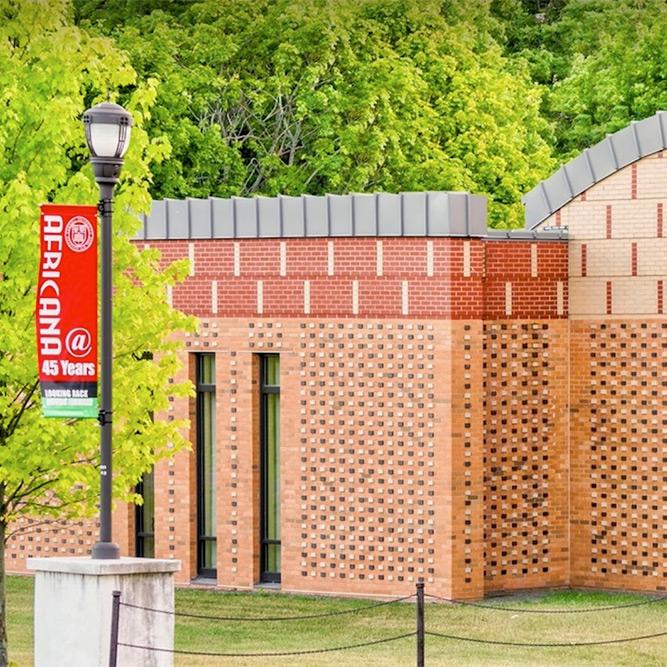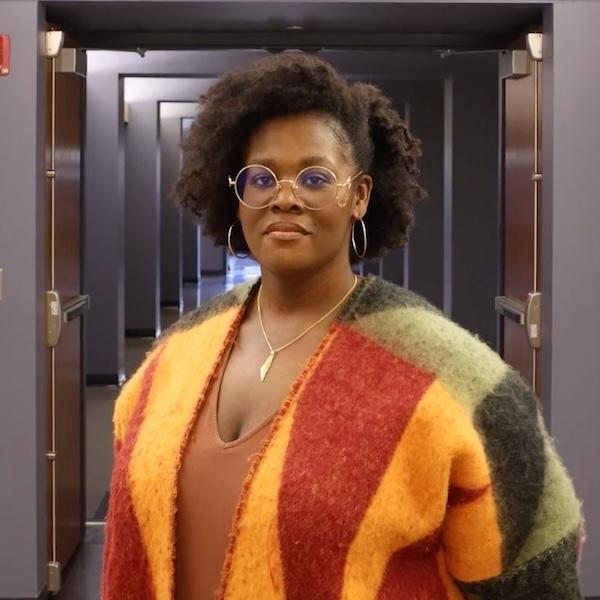An upcoming conference, “Medicine and the Making of Difference,” offers a chance for students and the Cornell community to explore medicine from a historical and scientific viewpoint.
The Nov. 2 conference will focus on an interdisciplinary approach, with speakers from anthropology, Classics, history, government, Africana studies and science and technology studies. They’ll explore how medicine has intersected with social, cultural, and political factors throughout history. The conference runs from 9:15 a.m. to 5 p.m. in room 401 of the Physical Sciences Building and is open to the public.
“I’ve been intrigued by the roles that medicine plays in constructing forms of difference for a long time,” said Suman Seth, Stephen H. Weiss Presidential Fellow and Marie Underhill Noll Professor of the History of Science in the Department of Science and Technology Studies in the College of Arts & Sciences (A&S). “In my last book, I was interested in how physicians and surgeons defended or critiqued slavery and how they conceptualized race.”
Seth said that conference speakers will investigate how medicine shapes ideas and boundaries related to religion, gender, and even the constructs of race and slavery.
“In this conference, I wanted to bring together some of the best historians of medicine I know—working across big periods and covering much of the globe—to think about how medicine constructed ideas about and boundaries between all kinds of areas: religion, gender, slavery, what it means to live and die,” he said.
The seven papers presented at the conference can cover everything from the classical period to contemporary issues. For example, Rana Hogarth from The University of Pennsylvania will be discussing “(Mis)measures of Miscegenation: Slavery, the Civil War, and the Rise of Eugenic Race Crossing Studies,” while Laurence Totelin of Cardiff University will go over “Greek and Roman Pharmacy and the Making of Difference.”
“Some of my most brilliant friends and colleagues across campus will be offering commentaries on the papers,” Seth said.
Seth said that studying the ways that physicians and surgeons have historically engaged with complex social issues can inspire students to think critically about the implications of healthcare fields. Such exposure to various methodologies and topics might ignite a passion for research that they hadn’t previously contemplated, providing clarity on their academic and career trajectories, he said.
The conference will also include time for students to network with peers, faculty and visiting historians.
The conference is sponsored by the Department of Science and Technology Studies with co-sponsorship from the Africana Studies and Research Center; the Cornell Center for Racial Justice and Equitable Futures; the Program in Medieval Studies and the Departments of Anthropology, Classics and History.
Elizabeth Lara '26 is a communications assistant for The College of Arts & Sciences.






